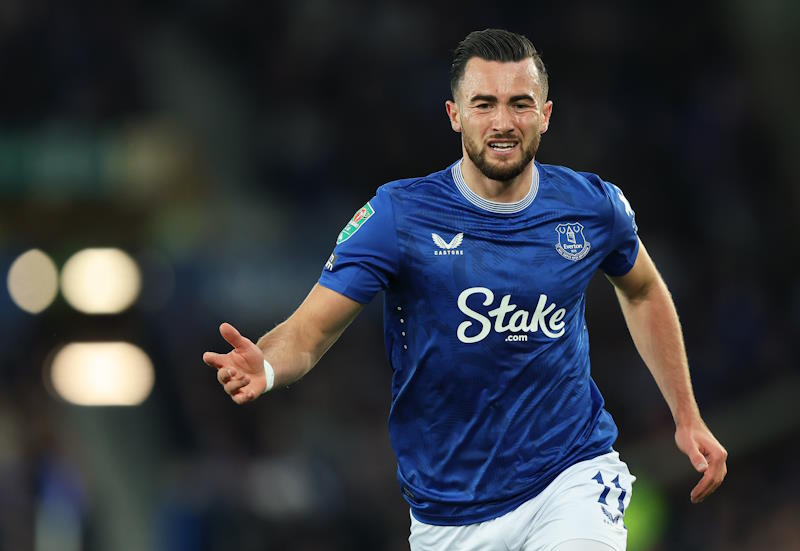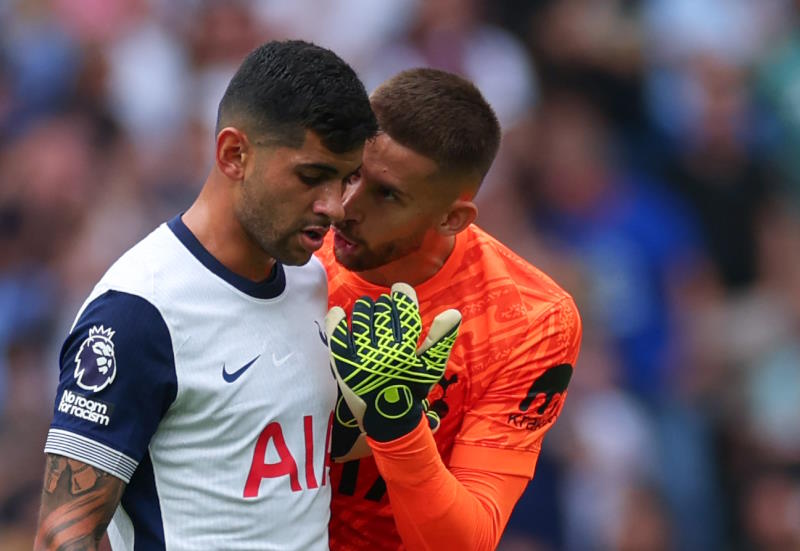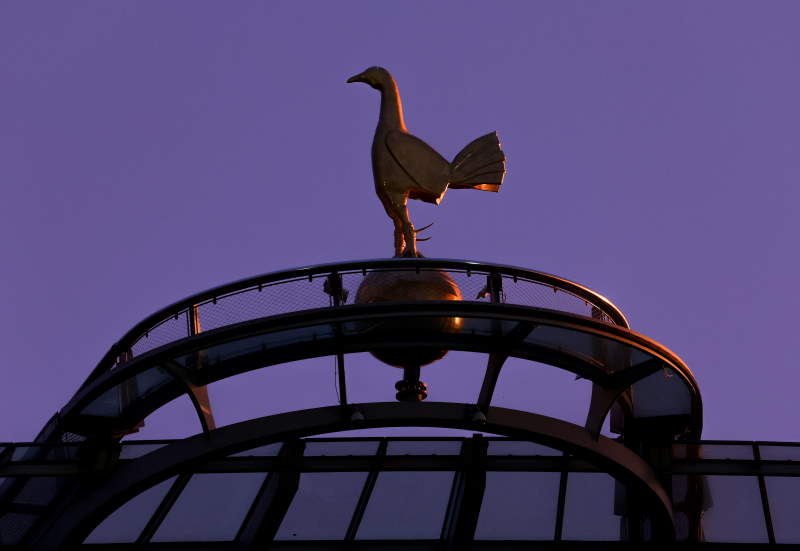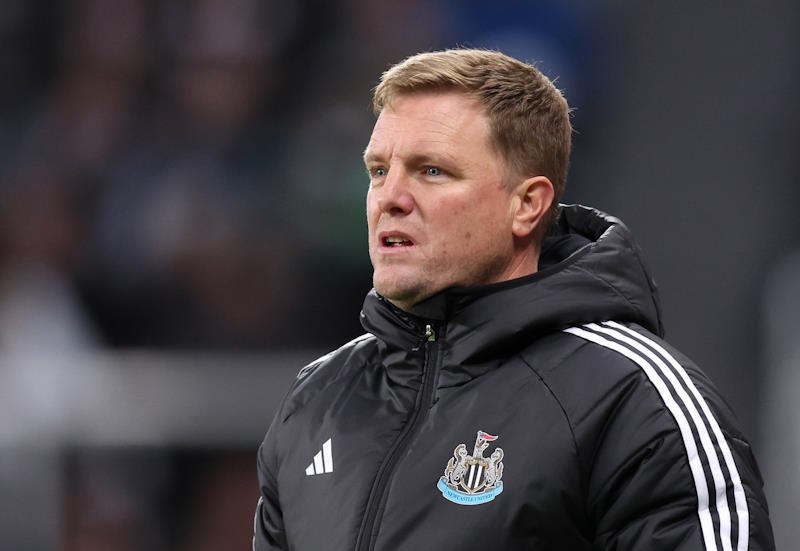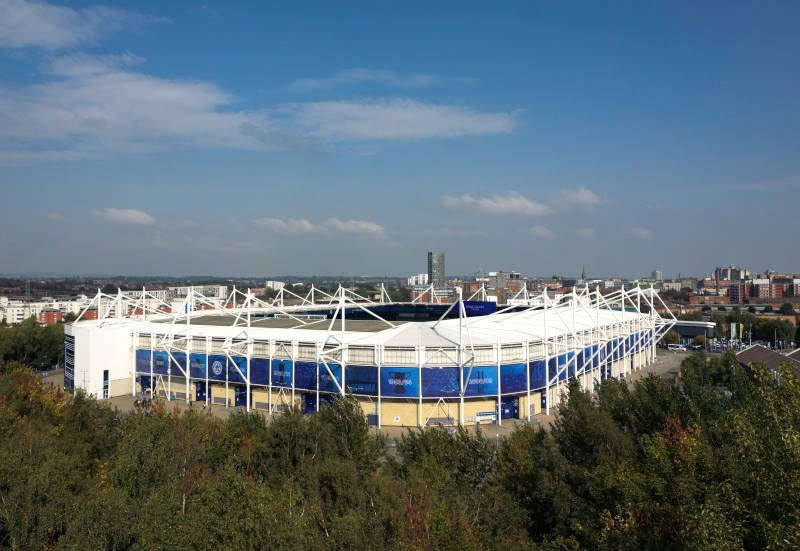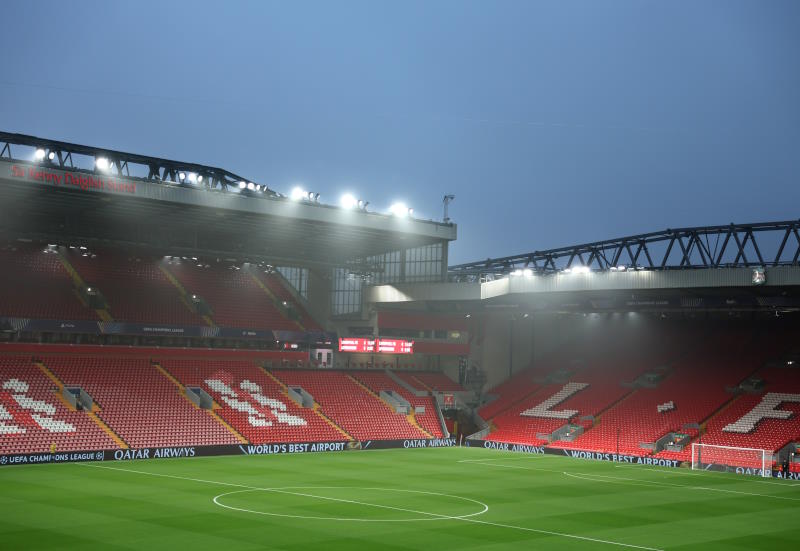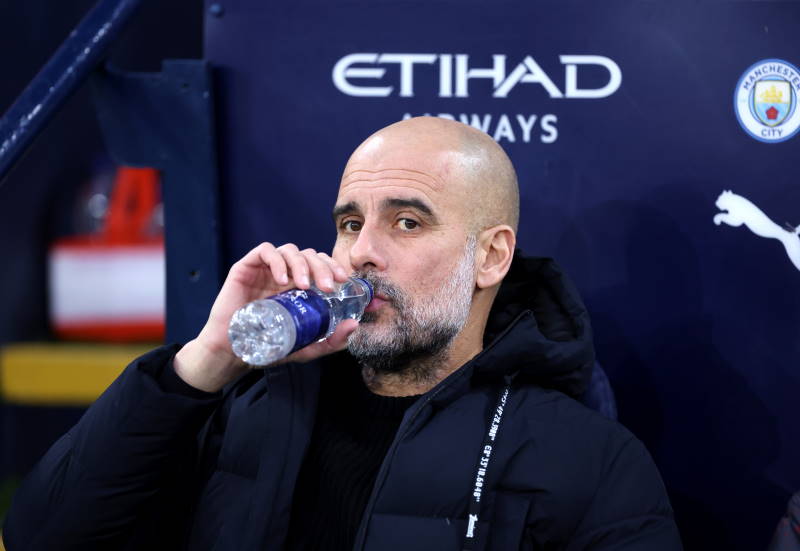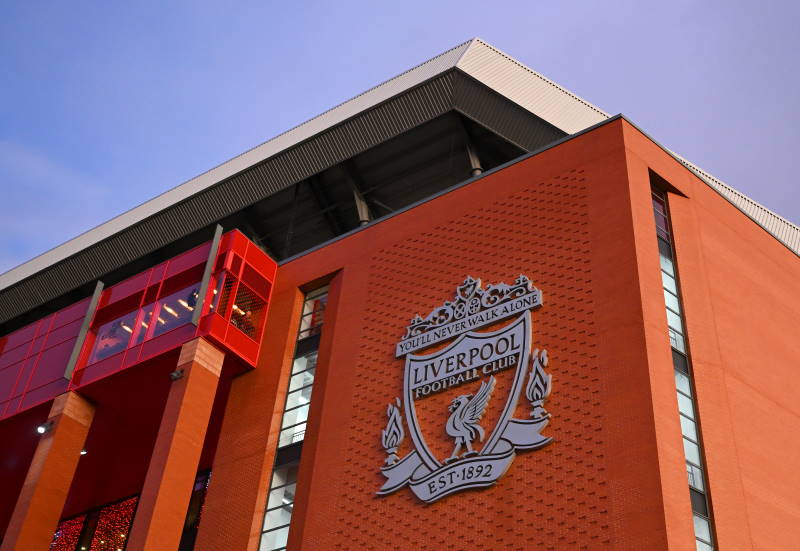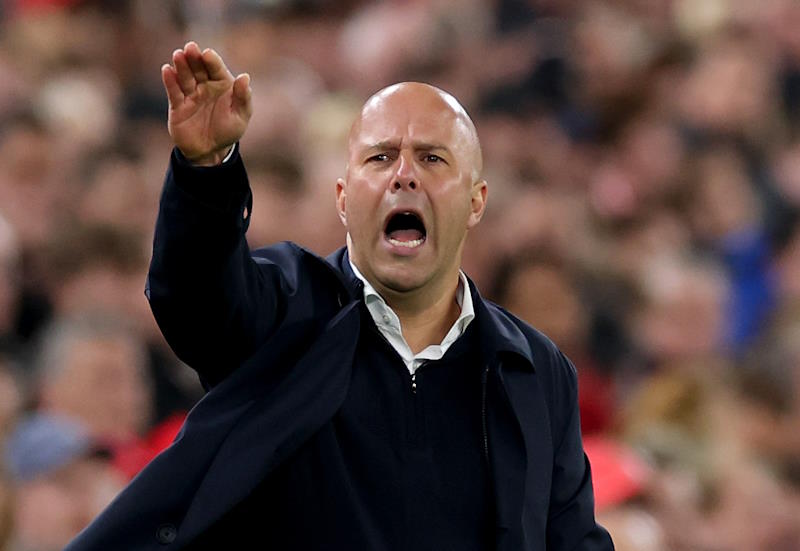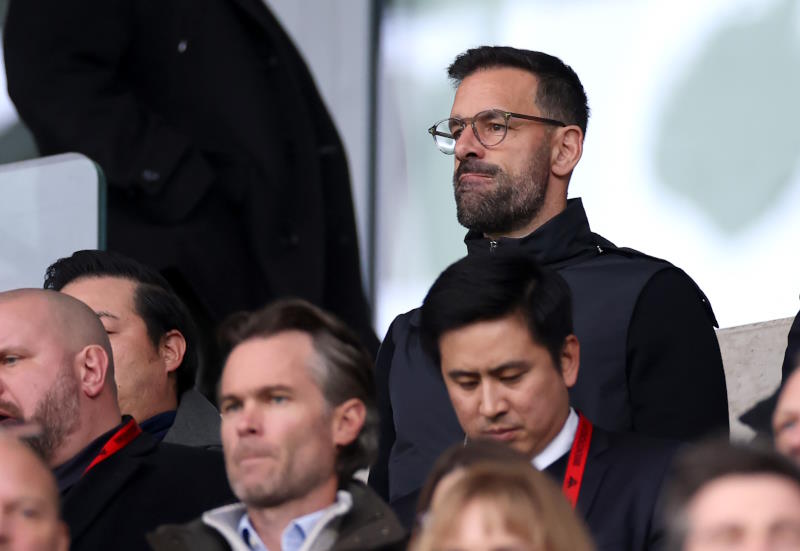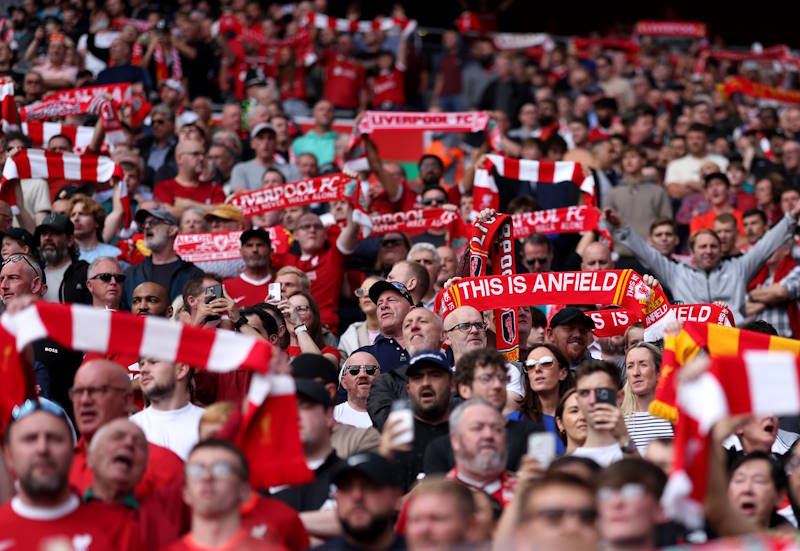
Samrin Hasib
For Hertha Berlin this season couldn’t be more different than the last. Once the final ball was kicked in the 2008/09 campaign, the capital club sat fourth in the Bundesliga with 63 points. The future seemed bright. The Europa League beckoned. Now, entering 2010, even if Hertha were to win every game between now and the season’s end they would accumulate just 57 points. This statistic alone perhaps tells the story of Hertha’s season so far.
Hertha Berlin’s current home ground is the Olympiastadion, which is the second largest stadium in the top flight of German football, only eclipsed by Borussia Dortmund’s Westfalenstadion. Last season the Olympiastadion was packed, unlike in recent years, as the club from the capital even topped the table for some time, an achievement sides like Bayern Munich and Werder Bremen couldn’t manage. The Bundesliga title was a dream within touching distance.
Hertha’s story is a dramatic one; the club played an unattractive brand of football and managed to squeeze out plenty of tight wins. Their top scorer was the Ukrainian Andriy Voronin, on loan from Liverpool, with 11 goals, but he didn’t actually make the squad tick on his own.
In defence, German international Arne Friedrich and Josip Simunic were not easy to get past. Jaroslav Drobny performed excellently in goal, while a young Gojko Kacar made the midfield work. Up front, Marko Pantelic was a good performer. Many hailed Lucien Favre, Hertha’s Swiss coach as a genius, but very soon, the situation changed.
In the summer Andriy Voronin headed back to Liverpool, as missing out on the Champions League made him unaffordable. Josip Simunic left during the transfer window for Hoffenheim, and Marko Pantelic swapped Berlin for Amsterdam with Ajax. Hertha signed Artur Wichniarek as a replacement for Andriy Voronin, and also brought in Nemanja Pejcinovic from FK Rad and Florian Kringe from Dortmund on loan amongst many other transfers.
As this season began The Blue-Whites won on the opening day, but nobody could have predicted what was to follow. Uli Hoeness’ less successful brother Dieter, made his way out of the club and took on the role as general manager at Wolfsburg. Lucien Favre was sacked and Friedhelm Funkel was brought in as coach. Favre, who had been hailed as a the next great thing by many was left red-faced. Indeed, Marko Pantelic had left the club due to his disagreements with Favre and club captain Friedrich suggested that Favre hadn’t been the right man after all.
At the time of writing the club has drawn three games under Funkel, coming against high flying Bayer Leverkusen, reigning champions Wolfsburg and Stuttgart. Some of Hertha’s misfortune has been down to luck, it is true: Against Hamburg, their third choice keeper was thrown into the fray, replacing the second choice stopper – Drobny himself was injured. The nightmare saw Sascha Burchert was lobbed twice following two poor clearances. The first goal for Hamburg was actually an own goal by Kaka (very definitely not his Real Madrid namesake), and Hamburg went on to win 3-1. Hertha have lost five matches this season by just a one goal margin.
Berlin’s flagship side currently sit at the foot of the table, and Artur Wichniarek, in his second spell with the club has scored only once all season.
The only transfer which has actually worked is that of the Colombian striker Adrian Ramos, who has scored six times in 17 appearances this season. Hertha are trying their best to solve their current problems. Theofanis Gekas, the prolific Greek international has been brought in from Bayer Leverkusen on loan, while Roman Hubnik has also arrived on loan from FK Moscow. Andre Lima has returned from his loan spell at Botafogo while Levan Kobiashvilli has swapped Schalke for a relegation battle. The transfers of Gekas and Kobiashvilli stand out and do have the potential to rescue Hertha’s season.
Hertha’s last spell in the 2. Bundesliga was in the 1996/97 season. Since their return in 1997, they have not looked back. In fact, their worst finishing position since that top flight comeback was eleventh in 1997/98. This season twelfth would do just fine.
Across Europe, the major leagues have at least one top flight club from the country’s capital city; London has Arsenal and Chelsea, amongst others, France has Paris Saint-Germain, Spain Atletico and Real Madrid, and Italy Roma and Lazio. If the Berliners don’t improve soon then the Bundesliga may soon stand out for that reason alone.
All hope is however not lost for Berliners. Union Berlin are currently fighting hard in the 2.Bundesliga. If they manage to secure promotion, Berlin will have at least one representative in the Bundesliga; it just won’t be Hertha.
Related Articles:
- – Edin Dzeko: Hungry for Goals Like a Wolf
- – Can Magath Finally End Schalke Title Wait?
- – Babbel Led Stuttgart Still Stuttering in Bundesliga

